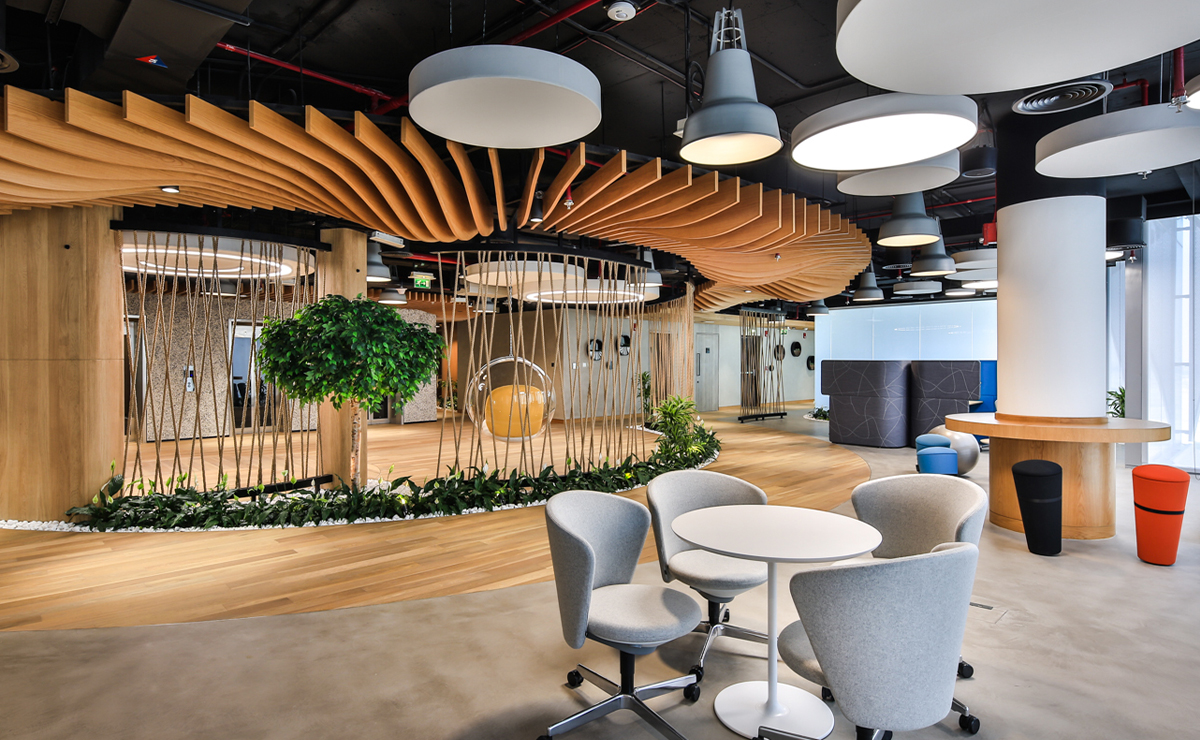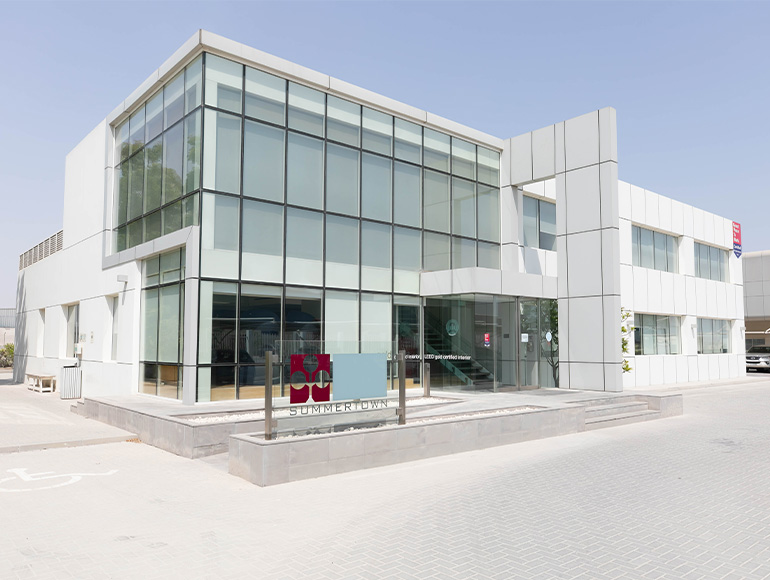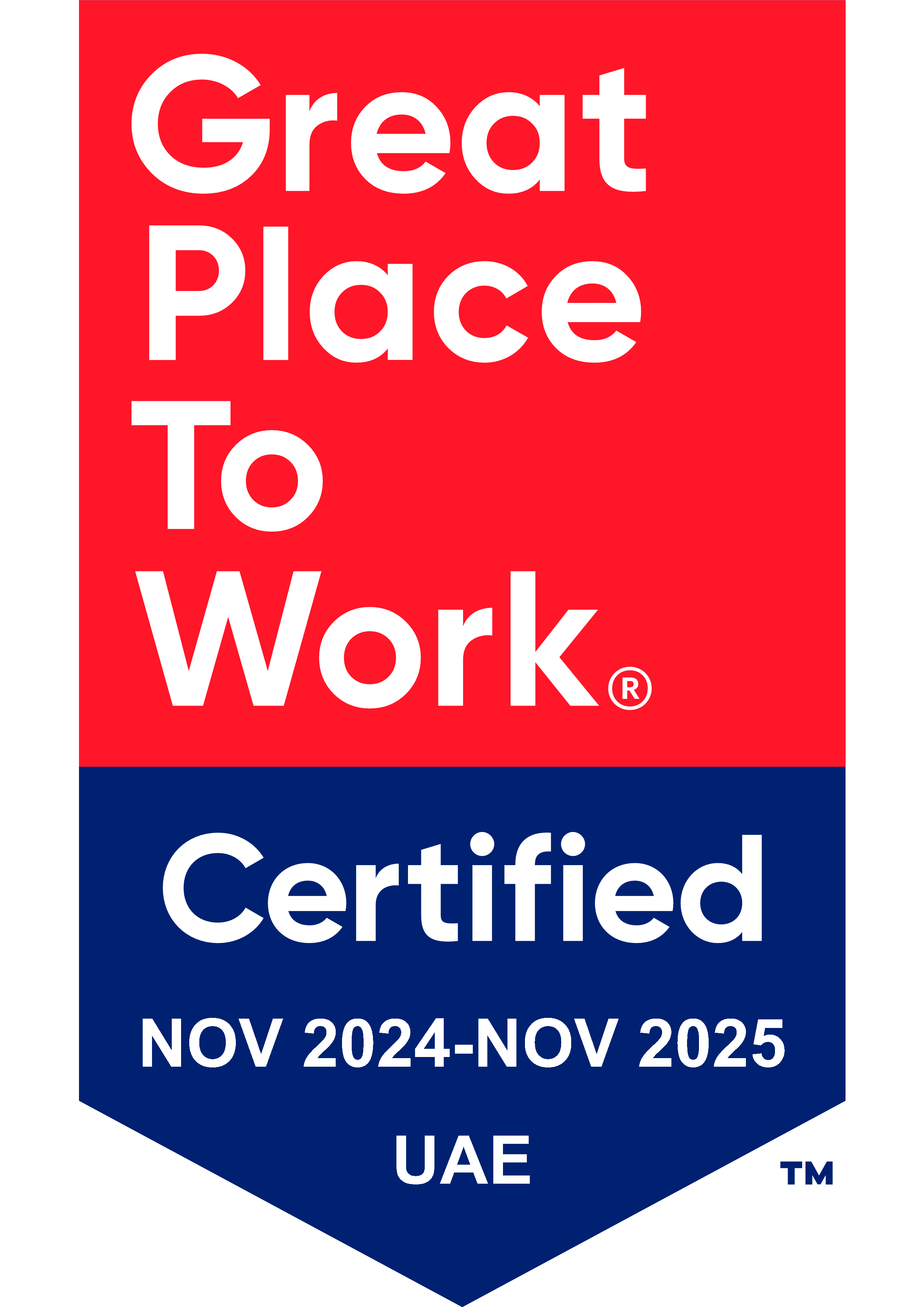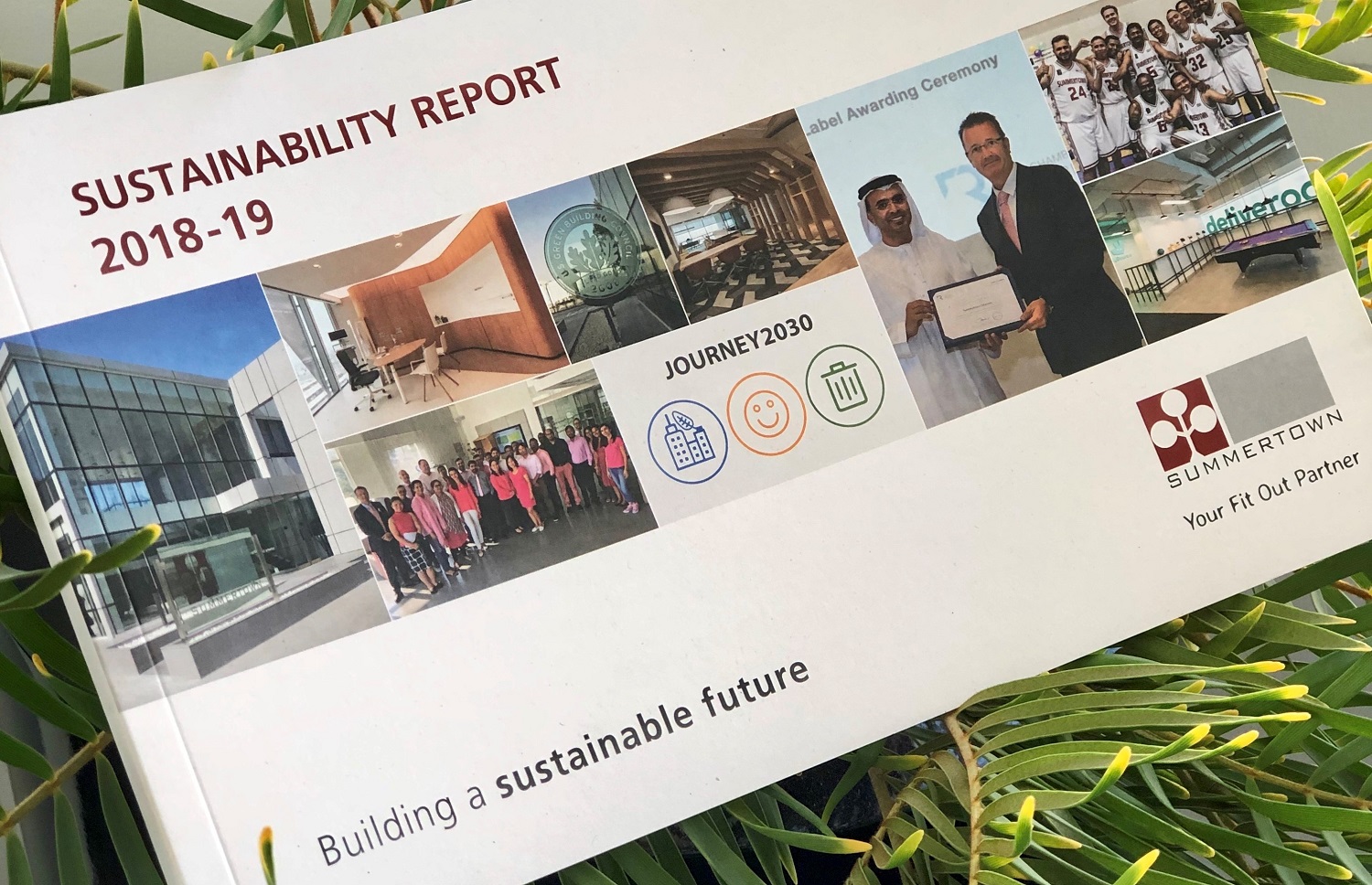

Nicola Trivett
General Manager & Sustainability Leader
What is sustainability reporting & why is it good for business?
A sustainability report is a report published by a company or organisation about the economic, environmental and social impacts caused by its everyday activities. A sustainability report also presents the organisation’s values and governance model and demonstrates the link between its strategy and its commitment to a sustainable global economy. – GRI [1]
Our perception of what makes a great company has transformed over the last few decades. A business has to do more than just perform well financially to be considered successful. Businesses are now required to play a greater and more effective role in society, demonstrating that their economic activities conform to international ethical standards, while not harming the environment. In an increasingly interconnected world, governments, businesses and NGOs are concerned with sustainability. One of the ways that companies around the world are showing their commitment to creating more economic value while safeguarding resources and improving conditions is by publishing a sustainability report, examples include multi-nationals like Nike, Adidas, Pepsi, Coca-Cola, Nestle, and so on.
A recent BCG/MIT found that although 90% of surveyed executives think that sustainability is important, only 60% of companies integrate sustainability into their strategy. And, only 25% of the surveyed companies have a business model that incorporates sustainability. [2] Sustainability reporting helps companies go beyond just giving lip service to sustainability because they have to audit their operations, identify areas for improvement then track and report on the results.
A sustainability report typically describes the non-financial aspects of a company’s activities including an assessment of its wider economic, environmental and social impacts. Sustainability reports are one aspect of Corporate Social Responsibility (CSR) – but rather than just being outward focused, sustainability is more comprehensive. It’s not just about what a company is doing, but what a company is (its values, brand and corporate culture).
A sustainability report maps the different ways any business is embedded in the wider economy and environment – through business practices, supply chains, and more. It is a valuable tool for any company to align strategy with execution. There are also indications that sustainable businesses reflect positively on their brand as well as delivering bottom-line benefits.
(Also read about how an Environmentally Sustainable Fit Out Can Help Cut Costs)
Unlike financial reports which are mandatory for all companies, whether publicly traded or privately owned, so far sustainability reporting has been a voluntary initiative.
“A sustainability report in its basic form is a report about an organisation’s environmental and social performance.” [3]
The most widely used and oldest criteria used for sustainability reporting are provided by the Global Reporting Initiative or GRI. The GRI an independent international organisation helps businesses and governments by providing guidelines (GRI Standards) for reporting on a variety of economic, environmental and social issues. The GRI’s global reporting initiative is important because it is contributing to creating global awareness on the importance of embedding sustainability within business. By creating commonly accepted reporting standards, the GRI will help companies benchmark their performance against each other, which will no doubt spur them to implement even more sustainability initiatives.
Sustainability Reporting in the UAE
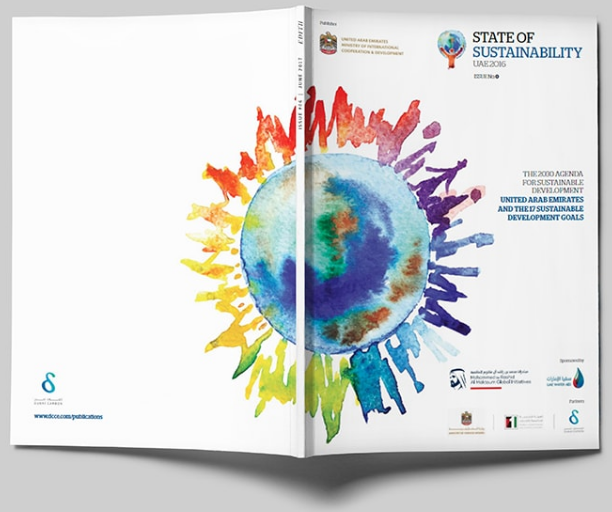
Sustainability is a key pillar of the UAE’s strategic vision, both at the federal and emirate levels. Various initiatives have been undertaken to achieve sustainable development in the region, especially in Dubai. In 2016, the Dubai Carbon Centre of Excellence released its first State of Sustainability Report – a clear sign of the country’s commitment to its adoption of goals as part of the United Nation’s 2030 Agenda for Sustainable Development.
Since Dubai pledged to make Expo 2020 the first sustainable expo, the UAE’s sustainable development agenda has been thrust into the global spotlight. The UAE government through its 2021 Vision and 2030 Green Agenda has made very clear its intention to become a sustainable economy. Ambitious targets regarding energy usage, carbon emissions and so have been put in place to make this vision into a reality and has put in place some ambitious targets to make this vision a reality.
Just as most of the major companies around the world have started to issue regular sustainability reports, the same trend can be seen in the UAE. The UAE government’s commitment to sustainability has encouraged more companies to get in line and show what they are doing to help usher in the new greener UAE. Many large global and local parties have begun issuing regular sustainability reports, including industrial and commercial firms, and government agencies.[4] According to KPMG’s 2017 investigation of sustainability reporting in the UAE [5], the top 100 companies in the country are becoming more interested in sustainability reporting.
“…In 2017, 44 of the top 100 companies were observed to be reporting on their sustainability performance, compared to 36 in 2016, an increase of 22% in the reporting rates” [6]
How Small Businesses Benefit from Sustainability Reports
Sustainability reporting can help organisations to measure, understand and communicate their economic, environmental, social and governance performance, and then set goals, and manage change more effectively. A sustainability report is the key platform for communicating sustainability performance and impacts – whether positive or negative. – GRI [7]
Smaller companies have been slower to take up the challenge, perhaps being under the impression that only larger enterprises should report on sustainability. This is incorrect. Every company, regardless of size, has an impact on its customers, employees and the surrounding environment. Every company engaged in economic activity leaves an environmental footprint.
As elsewhere in the world, UAE SMEs are one of the main drivers of economic growth, nearly 95% of companies in the UAE are SMEs, according to the Ministry of Economy. Furthermore, they employ more than 86% of the private sector workforce. SME’s contribute a majority of the UAE’s GDP; more than 60% in 2018, anticipated to increase to 70% by 2021. [8]
In Dubai, SMEs represent 95% of total enterprises and employ 43% of the total workforce. This means that SMEs need to start thinking about the same issues as larger companies, including:
- Contributing to the achievement of UAE’s sustainability goals
- Creating workplaces that enhance the wellness and well-being of employees
- Implementing sustainable business practices – including workplace fit out and business operations which can deliver cost savings, improve employee productivity and contribute to a better bottom line, while at the same time improving company image
- Monitoring and improving environmental performance: resource management, carbon emission reduction and waste reduction
Although the business scope of SMEs may be smaller than that of larger companies, the cumulative impact of thousands of small companies pulling toward sustainable goals can have a massive impact perhaps exceeding that of a few huge firms. [9]
“By reporting on their sustainability impacts, SMEs can improve risk management, foster responsible business practices and unlock new opportunities in global markets. Being responsible for creating four out of five new jobs in emerging markets, the sustainable growth of SMEs is vitally important for the development of future economies.” – GRI [10]
Sustainability Pays Off: Helping the Environment, Employees, Stakeholders & the Bottom Line
 As one of the UAE’s leading green contractors, we have spent years honing our expertise in delivering sustainable commercial fit outs. We are proud of the progress we have made on our sustainability journey over the last 10 years and delighted that as an SME we can demonstrate the tangible economic, social and environmental benefits a sustainable workplace can deliver. Our story shows that a concern with sustainability, including issuing a regular sustainability “report card” has helped us create long-term business value while enhancing our reputation. Through our sustainability efforts, we have become a more efficient organisation with happier and more productive employees.
As one of the UAE’s leading green contractors, we have spent years honing our expertise in delivering sustainable commercial fit outs. We are proud of the progress we have made on our sustainability journey over the last 10 years and delighted that as an SME we can demonstrate the tangible economic, social and environmental benefits a sustainable workplace can deliver. Our story shows that a concern with sustainability, including issuing a regular sustainability “report card” has helped us create long-term business value while enhancing our reputation. Through our sustainability efforts, we have become a more efficient organisation with happier and more productive employees.
Thus far we have released four annual sustainability reports prepared in accordance with the GRI standard. Our 2018-19 Sustainability Report is our latest report that highlights the impact of eight material issues we believe matters most to our business and stakeholders, and supports the case for putting in place a sustainability agenda.
Key achievements in 2018-2019 reporting year include:
- Positive economic performance with a 13% increase in annual turnover, which is 15% above our 5-year average for the 2018-19 financial year
- 8% of materials purchased for client projects are from sustainable source
- 31% of employees have been with Summertown for more than 10 years
- Zero cases of serious or major injuries within the company
- Achieving ISO 45001:2018 certification
- 63% of employees volunteering in community services
- Receiving 89% (high performance) rating from a third-party external audit on decent work & labour practices
We also continued the reduction of our environmental impact in 2018-19 year including:
- -35% reduction Greenhouse Gas (GHG) emissions per person in our office in the last 5 years
- -13% reduction in energy used per person in our office
- -36% reduction in office water consumption versus last year
- -13% less office waste sent to landfill this year
We are committed to increasing our sustainability targets year on year, reducing our environmental footprint, improving our economic and operational performance and creating a happier, healthier working environment. If we can do it – so can you.
Download our Annual Report today and discover how sustainability lies at the heart of our business.
Our Top 5 tips to start the process of sustainability reporting:
- Establish a sustainability champion and/or committee that includes leadership members
- Develop a realistic sustainability approach, strategy and goals if don’t have them (don’t be afraid to seek help at this stage from external experts or use an industry framework)
- Research other company’s Sustainability Reports and ask your key external stakeholders what issues matter most to them
- Align your sustainability approach, strategy and goals internally with company leaders, team and company vision/mission
- Seek external guidance to write your first report to ensure you are meeting an international standard such as GRI – a independent consultant.
Get in touch to see how we can help you start creating a more sustainable workplace.
References:
[1] https://www.globalreporting.org/information/sustainability-reporting/Pages/default.aspx
[2] https://www.imd.org/research-knowledge/articles/why-all-businesses-should-embrace-sustainability
[3] https://www.ecovadis.com/sustainability-reporting/
[4] https://home.kpmg/content/dam/kpmg/ae/pdf/sustainability-reporting-survey-report_uae.pdf
[5] IBID
[6] https://www.globalreporting.org/information/sustainability-reporting/Pages/default.aspx
[7] https://www.khaleejtimes.com/technology/how-important-are-smes-for-an-economy-especially-in-a-place-like-the-uae
[8] https://www.globalreporting.org/information/news-and-press-center/Pages/Incentivizing-sustainability-reporting-by-SMEs-through-policy-a-primer.aspx

Nicola Trivett
General Manager & Sustainability Leader







